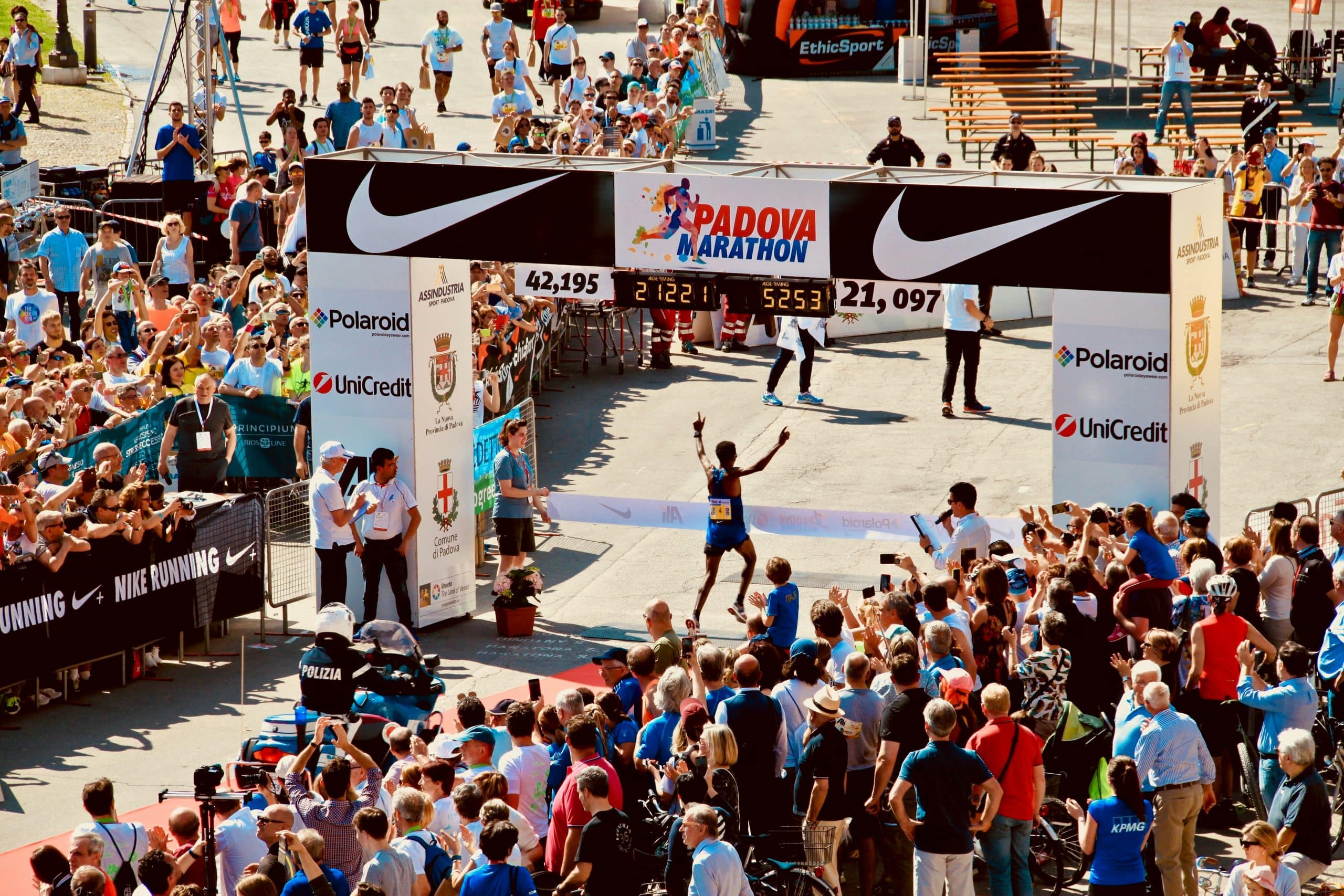How do elite athletes manage the psychological pressures of competing on a global stage?

Elite athletes are often viewed as physical exemplars, their bodies honed and trained to perfection for their respective sports. However, the physical aspect is only a part of the equation. Athletes also face a slew of psychological pressures that can impact their performance, from the mental strain of high-stakes competition to the public scrutiny. In this article, we will delve into how athletes navigate these pressures, the role of sports psychology in their training, and the importance of mental health in elite sports.
The Psychological Pressures Facing Elite Athletes
Elite athletes are placed under immense strain, both physically and mentally. The pressure to perform at their peak, to outdo their records, to always be at the top of their game is a constant reality they have to face. Add to this the expectations of fans, coaches, sponsors, and the media, and you can begin to understand the substantial psychological stress these individuals are under.
Lire également : What are effective strategies for the development of grassroots sports in rural areas?
Sports competitions on a global stage, such as the Olympics or the World Cup, can amplify these pressures. Athletes representing their countries are not just playing for their personal glory; they are also carrying the hopes and expectations of their nation. The pressure can manifest in various ways, from performance anxiety to a fear of failure, and can significantly impact an athlete’s mental health.
In recent years, this previously under-discussed aspect of sports has gained prominence, thanks to high-profile athletes, like Simone Biles, who have spoken out about their experiences. Biles’ withdrawal from key events at the Tokyo Olympics due to mental health concerns sparked a global conversation about the mental pressures athletes face and the need for better mental health support in sports.
Avez-vous vu cela : What’s the Role of Sports in Promoting Social Inclusion Among Special Needs Populations?
The Role of Sports Psychology in Athlete Training
Sports psychology plays a critical role in helping athletes manage these pressures. This field of psychology focuses on how psychological factors affect performance and how participation in sport and exercise affect psychological and physical factors. It helps athletes develop mental toughness, a quality that enables them to remain focused and confident amidst the high-pressure environment of elite sports.
Sports psychologists work with athletes to build resilience and improve their mental game. They use a variety of techniques, including visualization, self-talk, relaxation techniques, and goal-setting to help athletes cope with the psychological stresses of their sport. These skills can make a significant difference in an athlete’s performance, helping them to stay calm under pressure and perform at their best.
For example, an athlete might use visualization techniques to imagine themselves successfully executing a play or winning a race. This helps to build confidence and reduce anxiety. Self-talk can also be used to combat negative thoughts and maintain a positive mindset.
The Importance of Mental Health in Elite Sports
While mental toughness and psychological skills are crucial for performance, the importance of mental health in elite sports goes beyond this. The mental wellbeing of athletes is crucial, not just for their performance, but for their overall wellbeing.
Mental health issues among athletes are not uncommon. Studies have shown that elite athletes have a similar, if not higher, prevalence of mental health issues as the general population. This includes disorders such as depression, anxiety, and eating disorders.
This is where the role of sports psychology becomes critical. Sports psychologists can help athletes recognize and address these issues, providing them with coping mechanisms and strategies to manage their mental health. They can also advocate for mental health awareness within sporting organizations, promoting a culture that prioritizes mental wellbeing as much as physical fitness.
The Future of Mental Health in Sports
The discourse around mental health in sports is changing. Athletes like Biles have played a key role in this shift, bringing to the fore the immense psychological pressures elite athletes face and the need for better mental health support.
The conversation around mental health in sports is not just about coping with pressure or improving performance. It is about recognizing that athletes are human beings first, who, like everyone else, can struggle with mental health issues.
As the push for better mental health support in sports continues, we can hope to see a future where athletes’ mental health is given as much importance as their physical fitness. This could mean more mental health resources within sporting organizations, greater awareness and understanding of mental health issues among coaches and teammates, and a cultural shift towards prioritizing wellbeing over winning.
The world of elite sports is tough, but with the right support and understanding, athletes can navigate the psychological pressures and maintain their mental wellbeing. As we look to the future, the focus on athlete’s mental health is set to become not just an add-on, but a core part of sports training and culture.
The Relationship between Mental Fitness and Athletic Performance
High-performance athletes are not immune to mental health issues. In fact, a study by google scholar found that elite athletes often grapple with mental health concerns at similar, if not higher, rates than the general population. This can range from anxiety and depression to eating disorders.
The mental fitness of an athlete is just as important as their physical fitness when it comes to their overall performance. According to sports psychology, this vital link between the mind and body can significantly influence an athlete’s ability to perform at peak levels.
Mental fitness, in this context, refers to the athlete’s ability to handle stress, maintain concentration, and stay motivated. Athletes with a high level of mental fitness are able to handle the pressures of their sport effectively, which significantly impacts their athletic performance.
Sports psychologists work with athletes to develop and strengthen their mental skills. Techniques such as self-talk and visualization are commonly used to help athletes build their mental fitness. For instance, an athlete might use self-talk to maintain a positive mindset during a game, combating negative thoughts and boosting their confidence. Visualization, on the other hand, can be used to mentally rehearse particular plays or scenarios, reducing anxiety and improving performance.
Simone Biles’ experience at the Tokyo Olympics highlighted the importance of mental fitness in athletic performance. Despite being a highly skilled and accomplished gymnast, Biles recognized the impact of her mental health on her performance and made the decision to withdraw from several events. Her actions underscored the crucial role of mental health in elite sports.
Conclusion: Prioritizing Mental Health in Elite Sports
The psychological pressures in elite sports are intense and multifaceted. As we’ve seen from the experiences of athletes like Simone Biles, these pressures can significantly impact an athlete’s performance and overall wellbeing.
Sports psychology is an integral part of athlete’s training, equipping them with the psychological skills needed to perform at their best while also promoting their mental wellbeing. However, much work remains to be done.
Awareness and understanding of mental health issues among athletes need to be improved. Coaches, teammates, and sporting organizations need to be more educated about the importance of mental health and the impact it can have on athletic performance. More mental health resources need to be made available within sporting organizations, and a culture that prioritizes wellbeing over winning needs to be cultivated.
As we move forward, the focus needs to shift towards seeing mental health not as an add-on, but as a core component of sports training and culture. Elite athletes, like all humans, can face mental health issues, and their mental health should be given the same priority as their physical fitness.
With the right understanding, support, and resources, athletes can navigate the psychological pressures of elite sports while maintaining their mental wellbeing. As we look to the future, it’s essential that we keep the conversation on mental health in sports alive and continue working towards making sports a mentally healthier space for all.
